It is not a woman I want - it is all women
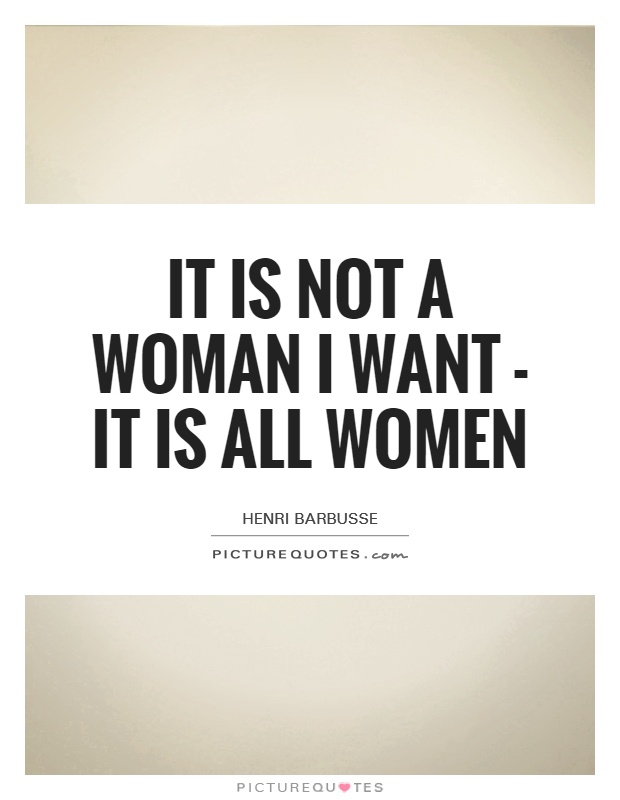
It is not a woman I want - it is all women
Henri Barbusse, a French writer known for his realistic and often controversial portrayals of human relationships, once famously said, "It is not a woman I want - it is all women." This statement encapsulates a complex and multifaceted view of women that goes beyond mere physical attraction and delves into the deeper complexities of human desire and connection.Barbusse's statement can be interpreted in a variety of ways, but at its core, it speaks to a desire for a deeper understanding and appreciation of the female experience. By saying that he wants all women, Barbusse is expressing a desire to connect with and understand the diverse range of experiences and perspectives that women bring to the world. He is not simply interested in one individual woman, but in the collective wisdom, strength, and beauty that all women possess.
This sentiment can also be seen as a rejection of the idea that women are interchangeable or disposable. By expressing a desire for all women, Barbusse is affirming the unique value and importance of each individual woman, and recognizing that each woman has her own story, her own struggles, and her own strengths. In a world that often reduces women to stereotypes or objects of desire, Barbusse's statement serves as a powerful reminder of the richness and complexity of the female experience.
Furthermore, Barbusse's statement can be seen as a rejection of traditional notions of possessiveness and ownership in relationships. By saying that he wants all women, Barbusse is rejecting the idea that one person can or should belong to another. Instead, he is embracing the idea of love and connection as something that transcends boundaries and limitations, and that is based on mutual respect, understanding, and appreciation.
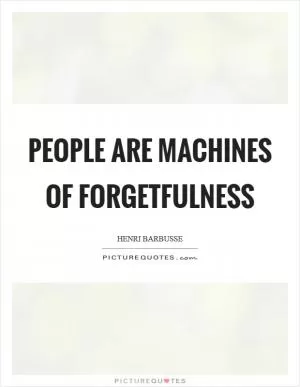
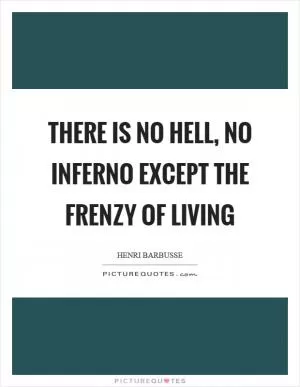

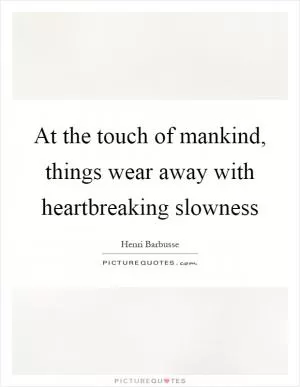
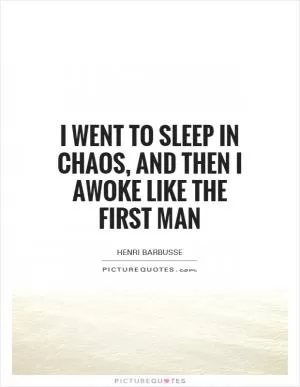

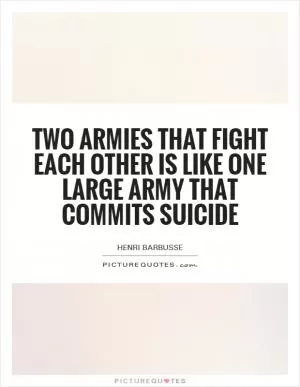
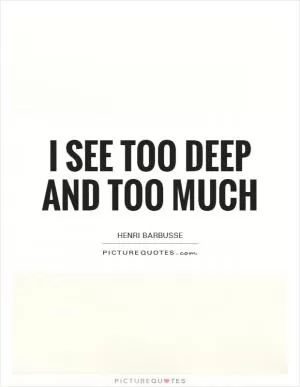
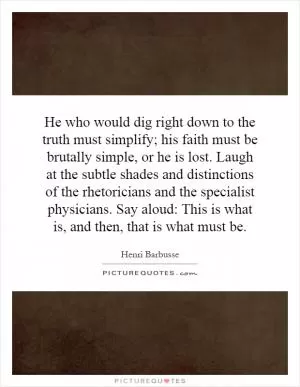
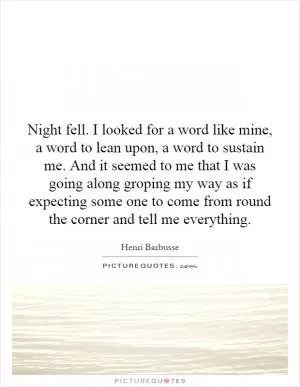
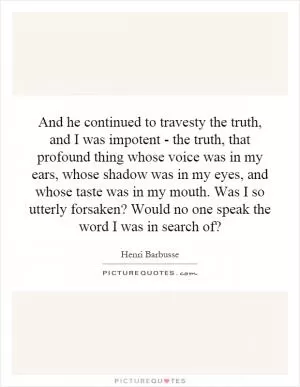
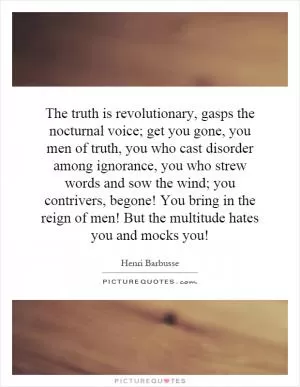
 Friendship Quotes
Friendship Quotes Love Quotes
Love Quotes Life Quotes
Life Quotes Funny Quotes
Funny Quotes Motivational Quotes
Motivational Quotes Inspirational Quotes
Inspirational Quotes